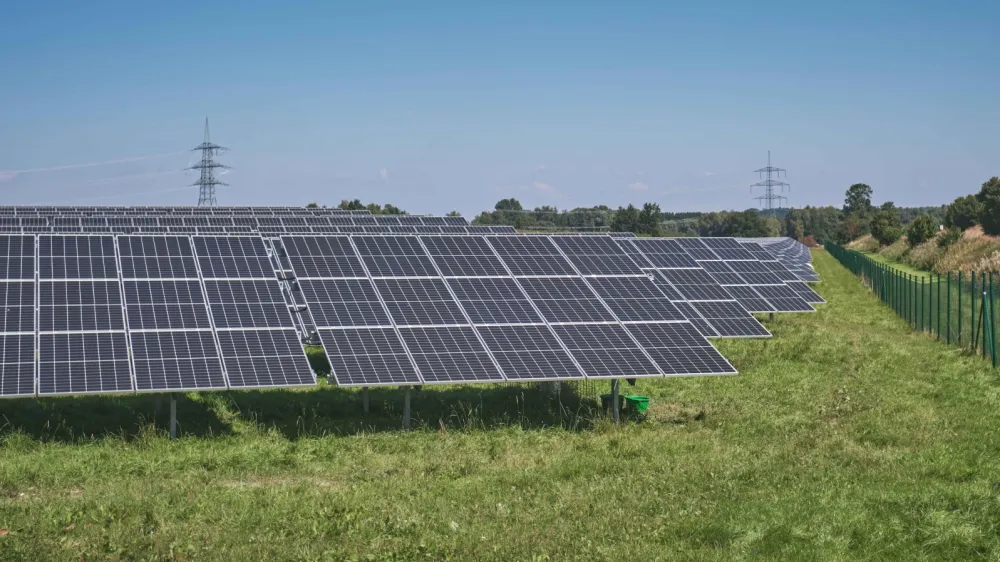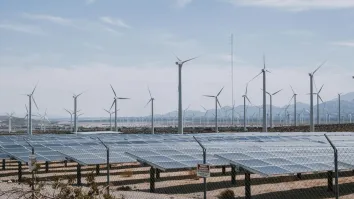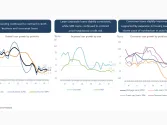How the falling yen hurts energy storage value chain in the short term
By Steve MinnihanCurrency fluctuations have always impacted international business, but these fluctuations can have significant effects if a portion of a technology’s value chain is heavily concentrated in one currency. Recently, the energy storage market has seen perturbations, for better or for worse, from the Japanese Yen’s 22% decline over the U.S. dollar in the past 12 months.
Over the same period, the South Korean Won fared and the Chinese Yuan has remained largely stable. Since Japanese companies comprise the bulk of lithium-ion cell, separator, and cathode materials markets, battery cell and component costs have declined up to 20% in the past 12 months on account of currency fluctuations.
This trend carries implications for any international companies eyeing the sector. Specifically, component and cell suppliers outside of Japan will have difficulty competing on price for near-term contracts.
Our analysts recently had conversations with several polymer suppliers outside of Japan that claim that the trend has impacted sales in recent quarters. While ex-Japan companies invest millions in R&D to realize incremental component and cell cost reductions, these efforts are presently overshadowed by the Yen’s poor performance.
This cost reduction on Japanese components and cells comes at a time when California utilities are seeking bids for the first stage of energy storage mandates.
Such conditions are intrinsically temporary, of course, but it is difficult to speculate when the Yen will recover. As a result, international players competing with the Japanese at any stage in the value chain must be ready to compete on price or performance for low-volume, near-term sales contracts.
Generally, larger contracts for high-volume commercial production involve multi-year supply agreements, helping to minimize disturbances from short term fluctuations. Beyond slashing margins, companies can partially insulate themselves from such financial market perturbations by developing symbiotic partnerships with their customers, helping to ensure customer retention even as competitors’ prices fall.




















 Advertise
Advertise






